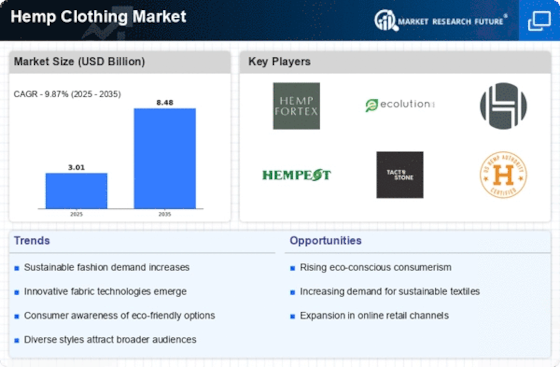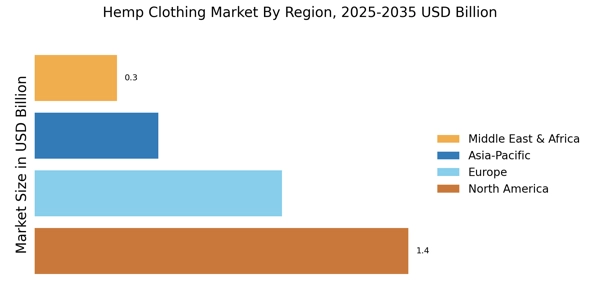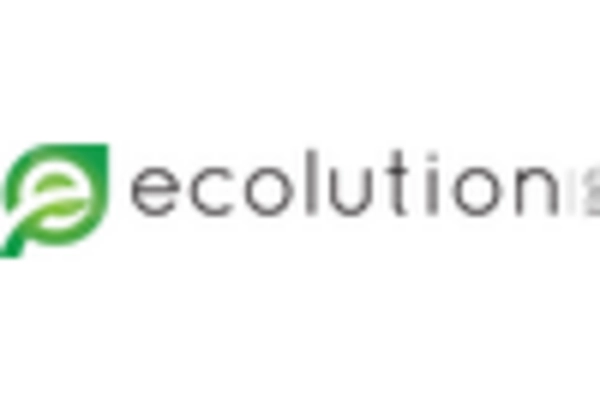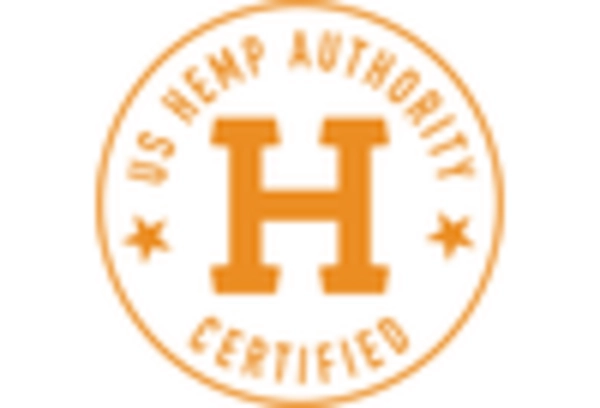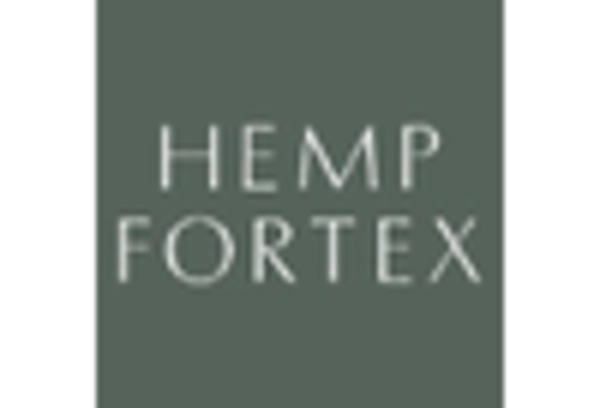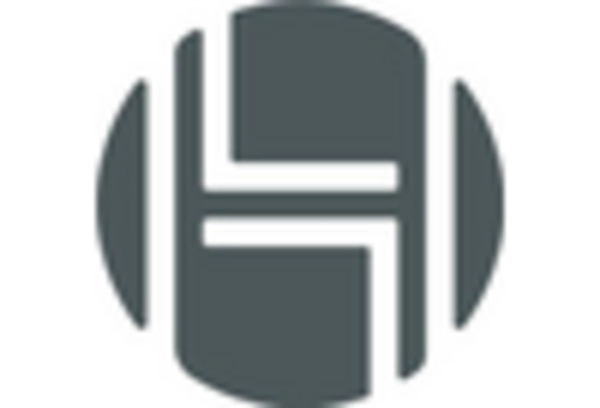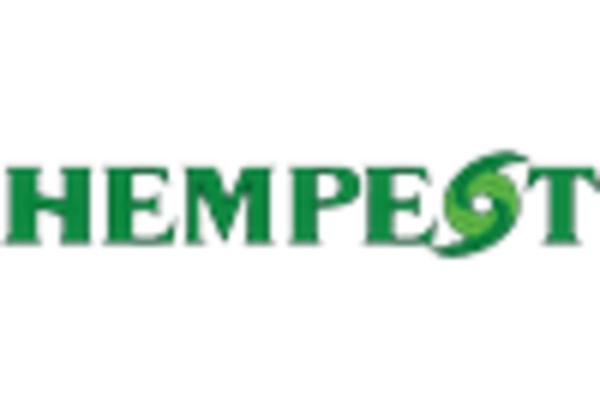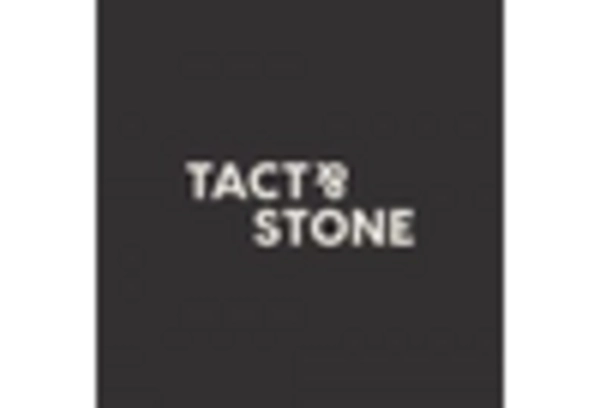Health Benefits of Hemp
The health benefits associated with hemp fibers are increasingly recognized, contributing to the growth of the Hemp Clothing Market. Hemp is naturally hypoallergenic, breathable, and possesses antimicrobial properties, making it an appealing choice for consumers with sensitive skin or allergies. Furthermore, the fiber's ability to wick moisture and regulate temperature enhances comfort, which is particularly attractive in activewear. Market data suggests that the demand for hemp-based textiles is on the rise, with projections indicating a potential increase in market share as consumers prioritize health-conscious products. This trend underscores the versatility of hemp, positioning it as a favorable option in the Hemp Clothing Market.
Sustainability Awareness
The increasing awareness of environmental issues among consumers appears to be a driving force in the Hemp Clothing Market. As individuals become more conscious of their ecological footprint, they tend to gravitate towards sustainable alternatives. Hemp, being a renewable resource that requires minimal pesticides and water, aligns well with this trend. Reports indicate that the hemp fiber market is projected to grow significantly, with estimates suggesting a compound annual growth rate of over 15% in the coming years. This shift towards sustainability not only influences purchasing decisions but also encourages brands to adopt eco-friendly practices, thereby enhancing their market presence in the Hemp Clothing Market.
Rising Demand for Eco-Friendly Fashion
The rising demand for eco-friendly fashion is a pivotal driver in the Hemp Clothing Market. As consumers increasingly seek out sustainable options, brands are responding by incorporating hemp into their collections. This trend is reflected in market data, which indicates a growing segment of environmentally conscious shoppers willing to pay a premium for sustainable apparel. The appeal of hemp lies not only in its environmental benefits but also in its durability and unique aesthetic. As the eco-fashion movement gains momentum, it is expected that the Hemp Clothing Market will continue to flourish, attracting both established brands and new entrants committed to sustainability.
Regulatory Support for Hemp Cultivation
Regulatory changes favoring hemp cultivation are likely to bolster the Hemp Clothing Market. As governments around the world recognize the economic and environmental benefits of hemp, they are implementing policies that facilitate its growth. For instance, the easing of restrictions on hemp farming has led to an increase in domestic production, which in turn reduces reliance on imports. This shift not only supports local economies but also enhances the availability of raw materials for the Hemp Clothing Market. The potential for increased production capacity may lead to lower prices and greater accessibility for consumers, further driving market growth.
Technological Advancements in Textile Production
Technological advancements in textile production are transforming the Hemp Clothing Market. Innovations in processing techniques have improved the quality and versatility of hemp fibers, making them more competitive with traditional fabrics. For example, advancements in spinning and weaving technologies allow for the creation of softer, more durable hemp textiles that appeal to a broader audience. Additionally, the integration of hemp with other fibers is becoming more prevalent, resulting in innovative blends that enhance performance and aesthetic appeal. As these technologies continue to evolve, they are likely to attract new consumers to the Hemp Clothing Market, expanding its reach and influence.


